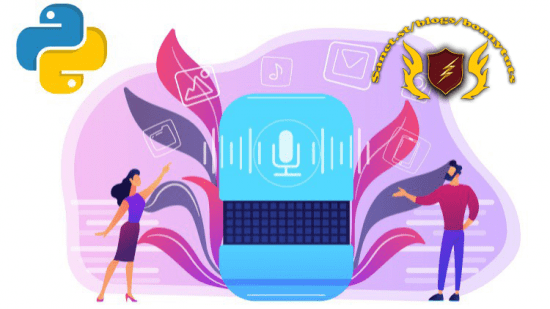
Published 1/2023
Created by Jones Granatyr,Dalton Luiz Vargas
MP4 | Video: h264, 1280×720 | Audio: AAC, 44.1 KHz, 2 Ch
Genre: eLearning | Language: English | Duration: 21 Lectures ( 2h 43m ) | Size: 1.24 GB
Build your own virtual assistant using speech recognition and voice synthesizer! Step by step implementation
What you’ll learn
Use speech recognition and voice synthesis libraries to build a complete virtual assistant
Read tasks from an Excel file
Search for specific terms in the web browser
Predict emotions by speech
Listen and recognize speech from the microphone
Create and read reminders from text files
Requirements
Programming logic
Basic Python programming
Description
Virtual assistants are already a reality in our daily lives, performing many tasks that make our day to day easier. Some examples are: creating and reading calendar reminders, searching the Internet, playing our favorite songs, speaking the weather forecast, reading the news and even telling jokes. The best known assistants today are Apple’s Siri, Microsoft’s Cortana, Amazon’s Alexa and Google Assistant.In this step-by-step course you are going to learn how to build your own virtual assistant that works with voice commands! You will learn how to use speech recognition and voice synthesis libraries, so that the assistant understands what you say and also speaks the appropriate responses. Below are some features that will be implemented:Web browser searches by voiceClassification of emotions in your voice (sadness, surprise, disgust, neutral, fear, happiness, and calm)Open specific Youtube videos according to your emotionRecognize the voice from the microphoneDate and time readingCreate and read reminders from .txt filesExcel file schedule readingAll codes will be implemented step by step using Python programming language and PyCharm IDE with the use of many different libraries, such as: playsound, SpeechRecognition, pyttsx3, tensorflow, librosa and openpyxl. We hope you enjoy the course and have a lot of ideias on how to apply the content on your own projects!
Who this course is for
Beginners in the area of virtual assistants
People interested in Natural Language Processing
Undergraduate and graduate students who are taking subjects on Artificial Intelligence
Data Scientists who want to grow their project portfolio
Password/解压密码www.tbtos.com
转载请注明:0daytown » The Ultimate Beginners Guide to Python Virtual Assistants